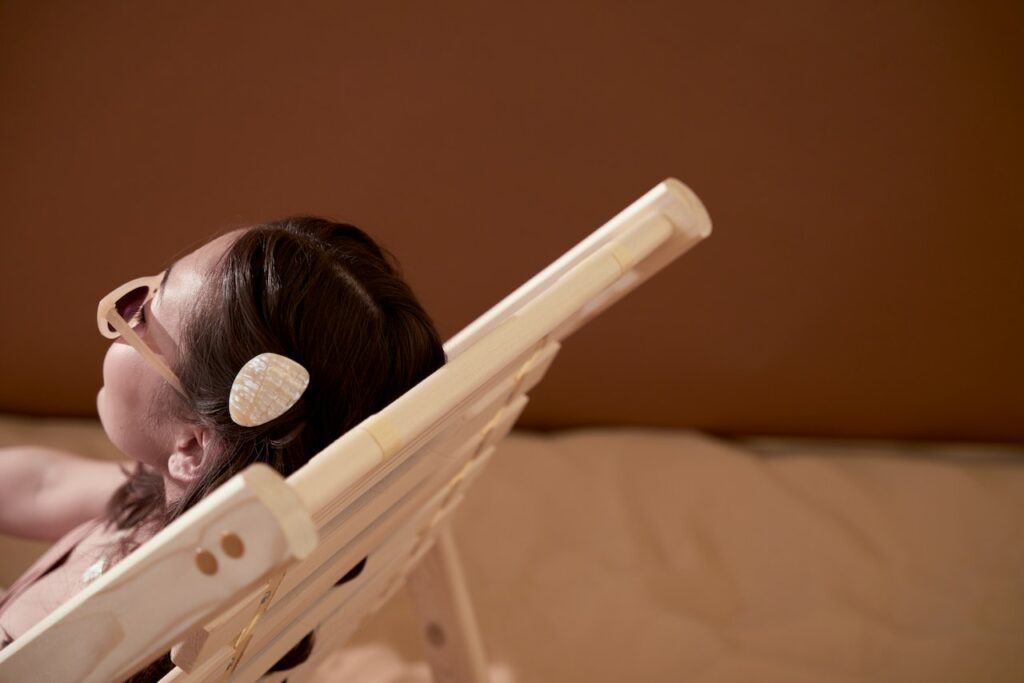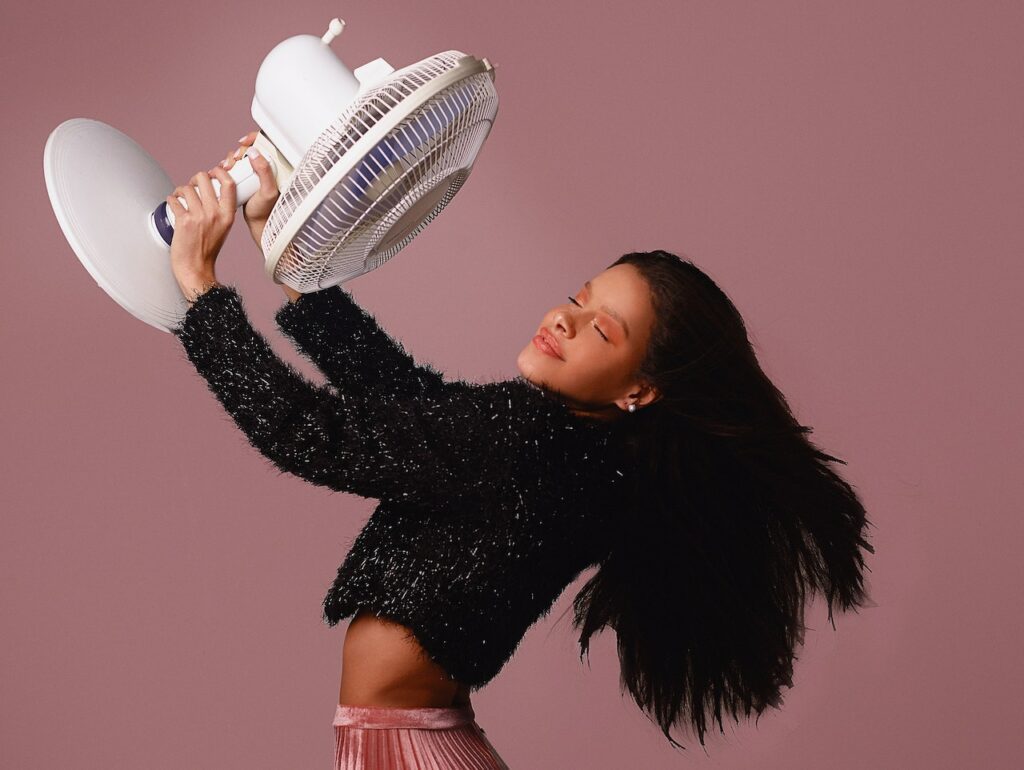There is no doubt that the sun has a very positive effect on our bodies. The warmth and light of the sun bring us many benefits that we can easily enjoy. It improves our mood, and our immune system and at the same time strengthens our bones, and muscles and lowers our blood pressure, but we must not forget that we must prepare ourselves properly so that this excess of light and heat does not play a dirty trick on us.
The heat may have very negative effects on our organisms.
When we are exposed to high temperatures, our body makes a series of adaptations to keep its internal temperature within normal limits. Sweating is the most common and most effective of these. Sweating helps us to lose heat and keep cool. However, in extremely hot conditions, this mechanism can be insufficient. Our bodies can then suffer several negative effects.
One of the most severe effects, and more common than we think, is heat stroke. This is a severe condition that occurs when our body cannot properly regulate its internal temperature and rises to levels that are dangerous to our health, exceeding 40ºC. Symptoms of heat stroke can include rapid breathing, red, hot, and dry skin, fast and strong pulse, nausea, vomiting, dizziness, confusion, headache, convulsions, and loss of consciousness.
It can also cause irreversible brain, heart, liver, and kidney damage. And it can be life-threatening, if not treated in time.

Other negative effects of heat
Excessive heat can also have other, less serious, negative effects on our bodies. Let´s take a look at the most common ones:
Dehydration. when we are exposed to high temperatures, our body loses water through sweating. If we do not adequately replace lost fluids and the body loses more fluid than it takes in, we can become dehydrated. Symptoms of dehydration include intense thirst, dry mouth, skin, mucous membranes, decreased urination, headache, dizziness, fatigue, weakness, confusion, and, in severe cases, shock.
Heat exhaustion. This is less serious than heat stroke, but can still be dangerous. Symptoms of heat exhaustion include weakness, muscle cramps, excessive sweating, and rapid pulse.
Increased cardiovascular stress. Excessive heat can stress our cardiovascular system, which can increase the risk of heart problems.
Vasodilation. With heat, the blood vessels dilate to allow heat to circulate to the surface. This defense mechanism against heat brings with it associated discomforts such as a drop in blood pressure, a feeling of weakness, dizziness or fainting, edema, varicose veins, and hemorrhoids.
Alterations in our brain capacity, nervous system, mood, and sleep quality.
Heat can affect our digestive system. Causing lack of appetite, digestion cuts, nausea, or diarrhea.
Some measures to prevent overheating
Now that we understand the effects of heat on our bodies, it is important to take steps to protect ourselves and stay healthy on hot days. Here are some practical tips you can follow:
Always stay hydrated. Drinking enough water is essential to prevent dehydration. On hot days, it is advisable to increase your fluid intake. If you are not a big fan of water, prepare healthy drinks such as cold herbal teas or flavored waters. Avoid excessive caffeine, sugar, and alcohol, which have a solid dehydrating effect. The elderly, children, and pets are often more susceptible to dehydration.
Dress in summer clothes. Wear loose-fitting, cool, lightweight, light-colored clothing. This type of clothing will keep you more relaxed, as it allows more air circulation and reflects sunlight.
Choose cool places. Try to spend as much time as possible in cool areas. Parks, beaches, swimming pools, etc. Air-conditioned facilities such as shopping centers, libraries, bars, or cafés are also very appropriate.
Avoid or limit direct sun exposure between 10 a.m. and 4 p.m., the hottest hours.
Use sunscreen. Choose a broad-spectrum sunscreen with a high sun protection factor (SPF), preferably SPF50. Don’t forget to reapply every two hours, especially if you are sweating or in contact with water.
Eat fresh, light, water-rich foods such as fruit and vegetables.
Avoid strenuous physical activity during the hottest hours of the day.
If you have a serious illness or suspect that you are taking any medication that may alter thermoregulation, consult your doctor,
From Lanier Pharma, your trusted natural supplements laboratory, we offer you these tips to help protect you from the negative effects of heat.



